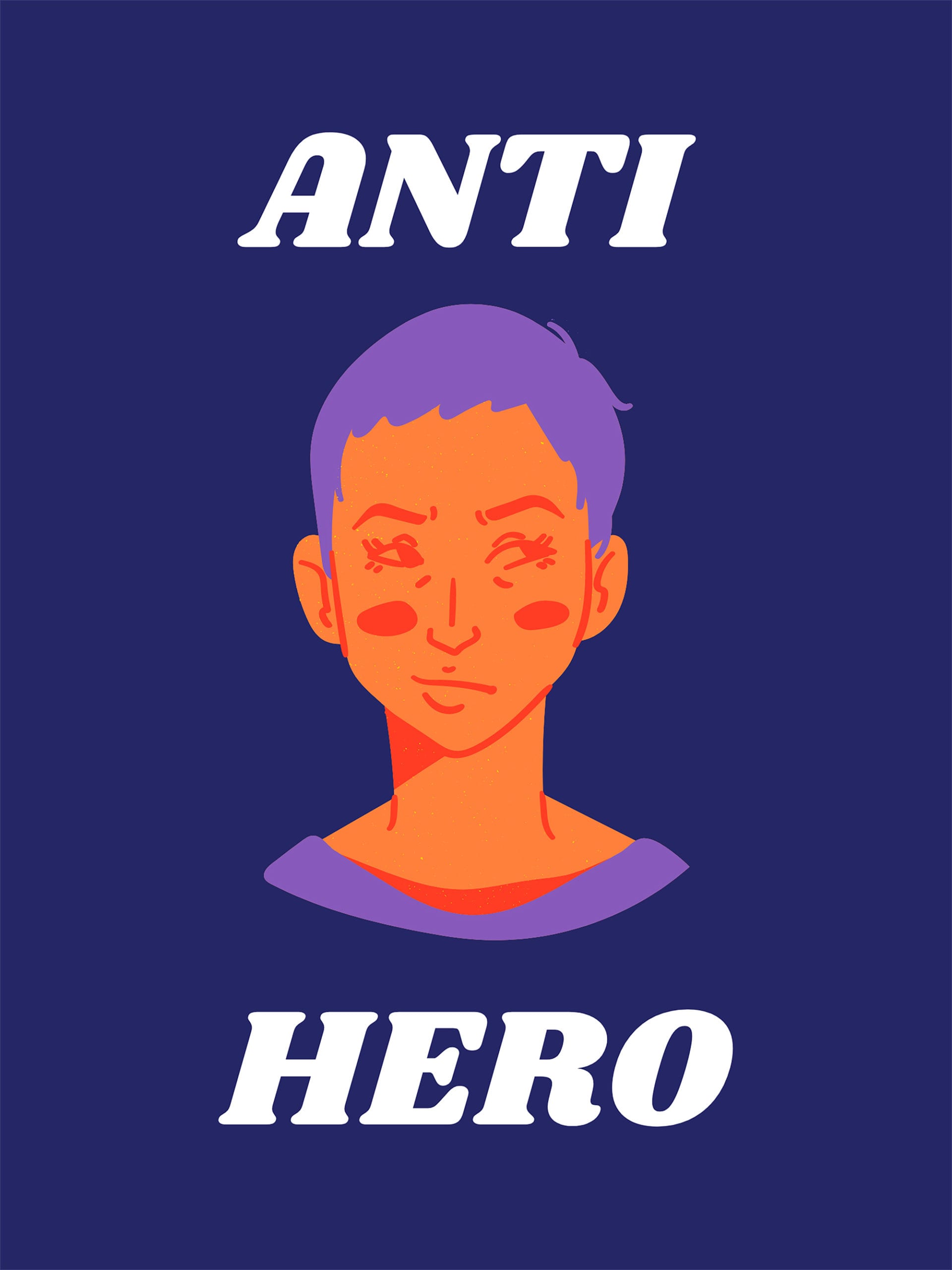
To Tell Your Own Story is a Sacred Act: The Brains behind this Winter’s Teen Anti-Hero Short Film Festival
Interview By Rachel Grammes
Art by Soah Blake
Published Issue 085, January 2021
Call all Teens for Submissions: To Tell Your Own Story is A Sacred Act. Film submissions are due by 11:59 p.m. on January 9, 2021. Films are encouraged to be between one (1) and five (5) minutes. All applicants must currently be in high school. A $50 stipend will be awarded to all chosen films which will be showcased at the virtual film festival on January 22, 2021, 6-8 p.m. Visit mcadenver.org/teens/anti-hero-film-short-festival for more info and to submit your entry. Films will be selected by MCA Denver’s curatorial committee, composed of teens, MCA Denver staff and community members. APPLY here.
This is an excerpt from a recent interview with Soah Blake and Clarise Reichley, teens who helped conceptualize this winter’s Anti-Hero Short Film Festival on January 22, 2021, with Alyssa Lubow, MCA Denver’s Manager of Youth Programming. The festival elevates voices that have been silenced, oppressed, and intentionally left out of film.
Tell us about who the Anti-Hero is and walk us through how you came up with and developed the idea for the festival.
Soah: When I think about the Anti-Hero, I think about people who have been outcast throughout history but still rise to the occasion and celebrate who they are with confidence. Clarise initially came to me with this idea after expressing frustration about a history competition we were both a part of last year. At the end of our conversation, we were reminded that not only was a lot of the competition centered around cis white men, but a lot of history is centered around cis white men. This story is one that keeps being told to us over and over again. The stories of womxn, BIPOC, and folx a part of the LGBTQ+ community are rarely spotlighted. The Anti-Hero is someone who is a part of a reclamation of their identity with an open-mindedness to hear the stories of other communities as well.
How do you think inclusivity, diversity, equity and disrupting the status quo in film impact the lives of those that engage with said films?
Soah: One of the most disappointing things is that inclusivity in film is considered “groundbreaking” in this day and age when it quite frankly should be normal. Inclusivity shouldn’t be applauded; it should be inherent. Intersectionality falls into all lanes of anything you might be doing. It’s only when you allow yourself to experience the beauty other people see and let others see the beauty in you that you can reach your greatest potential of artistry.
Clarise: Films that disrupt the status quo allow for a vision of what society can be, providing a framework for the world that we want to live in. In this way, artists have always challenged the status quo and been the forebears for new paradigms. So, as we continue to live into new paradigms and new worlds, it is vital to use art as a vessel for celebrating the diverse experiences of all humans.
Why do you think we need to see our lived experiences represented in film?
Soah: When you are little and growing up, you look at the things around you and you make mental connections that certain things are what or who you want to be like when you grow up. It’s a whole different story for BIPOC and queer kids. Speaking from my own personal experience, when I grew up as a kid of color, I lacked an understanding of what my racial background meant to others and to me and with that I noticed that I didn’t see myself represented in my environment. I looked at Barbie and didn’t see myself. I watched Disney Channel and didn’t see myself. When you grow up as a kid of color in America, it’s almost as if part of you is externally told that you are not meant to fit in just by what is shown in your inherent surroundings. It wasn’t until I grew older that I started seeing the beauty in my heritage.
Clarise: It is essential that our lived experiences are represented in film because it allows us to recognize ourselves and to find community in our identity. When people are left out, it erases their complex experiences and perpetrates the silencing we’ve seen in the past. Now is the time to shout our truths from the rooftops! And what better way than a film festival.
Films will be showcased at the virtual festival on January 22, 2021 from 6 to 8 p.m. (MST). Films will be selected by our curatorial committee, composed of teens, MCA Denver staff, and community members.
